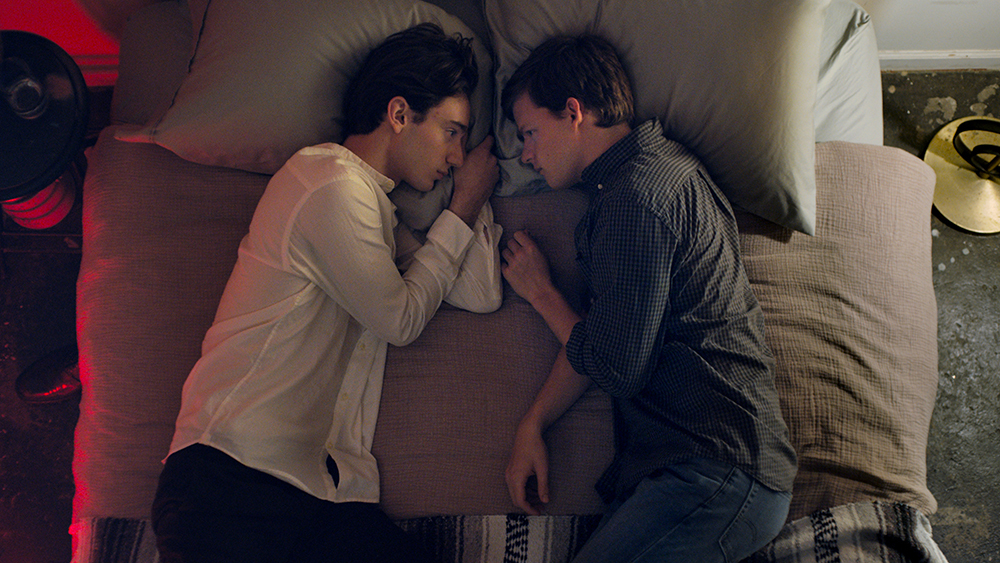Boy Erased feels like a difficult film to talk about.
Lucas Hedges stars as Jared, a young gay man who is pulled out of college by his ultra-Christian parents (Russell Crowe, Nicole Kidman) to attend gay conversion therapy. Also, Troye Sivan is there. I don’t have a lot in the way of traditional criticism, honestly. It’s good, not great. Deeply confronting at times, but still worth watching.
But there’s something odd at play here, and I think it’s worth talking about.
See, much of the film’s runtime is naturally dedicated to Jared’s growth. He’s rarely in an environment that he can safely express his thoughts, and it’s a credit to Lucas Hedges’ performance that we can so consistently understand where his character is at. Yet despite this focus, the emotional climaxes of this film – the heavyweight scenes that aim to hit the hardest – end up putting a surprising emphasis instead on Jared’s parents, and the motivations behind their actions. The film never endorses their actions, yet it spends a surprising amount of time explaining the logic behind them, and the end result feels borderline absolving. The empathy it offers Jared’s parents is even arguably well deserved, but I’m worried it’s going to leave audiences with the wrong message.
It’s a dozen tiny things like this, and more. Little moments that clarify the film’s target audience. You aren’t going to see it if you aren’t looking for it, but Boy Erased doesn’t feel like a movie for queer people. It feels like a film for the parents and relatives and friends of queer people. The people you love, who say things like how they “support the transgenders” and you sort of nod and smile, because five years ago they would laugh every time a slur was dropped. They’re trying, they’re making progress, and you can’t help but forgive them for not keeping up.
At the same time, though, this all means that you just… don’t feel like you can talk to them about this stuff, either. You can’t explain why you’re uncomfortable with a movie that constantly suggests that systemic homophobia is simply created by misguided attempt to protect. Or why that little joke right before the credits, about how the homophobic antagonist of the film is now happily married to another man, feeds into this idea that every bigot is simply a closeted gay man, as if that were even remotely true – or could somehow make up for the lives that have been upturned, ruined, and ended by their hands.
You can try and explain these things, but you don’t. You just want to have a nice night out.
It’s not as if every film about queer people needs to be for queer people. Boy Erased lowers the barrier of entry in the name of accessibility, and that in itself is commendable – but I can’t stand behind the concessions it makes in the name of this cause. Not in a film like this, about such an awful, real, and ongoing issue.
I know it’s literally my job, but this is a tricky thing to articulate. I only get a few hundred words to explain this deeply nuanced topic to an audience that could very well have absolutely zero prior knowledge. So instead, I guess I’ve chosen to not explain it at all. If you’ve had the same experiences as I have, then you know where I’m coming from. If you haven’t, you probably won’t share any of my qualms. Part of me is glad for that. This movie is complex, emotional, and well-made. It’s absolutely worth watching. But at the same time, I think it pulled its punches exactly where it shouldn’t have. And I’m worried that in doing so, it absolved its abusers.
There’s a need for this kind of film, and it has an audience. It just isn’t me. If it’s you, I’m glad. I hope you enjoy it. More than anything, I hope it leaves you with the right message.
Elliot Herriman

